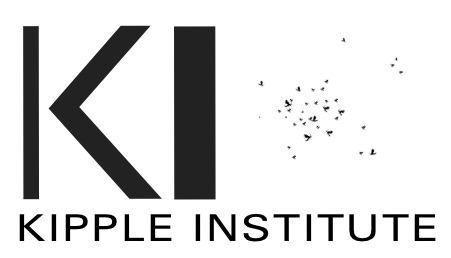The Kipple Institute: where little things matter™
Is the distinction between critical inquiry and creative practice relevant in defining research today? If not should such “hybrid research” be quantifiable and measurable according to an idea modelled on “a certain conception” of science (with the exception of the Human Sciences)? Or rather, should it be framed as a form of material practice, or unsitely aesthetics?
These are the new questions for today’s world. Furthermore, once newfangled conceptions of “art as research” or “research as practice” now find themselves the mainstay of critical inquiry, empirical methodology and weird science. A beneficent society, the Kipple Institute champions the neglected, unimportant and despised minutiae of the culture machine we live in.
Accordingly, we are inspired by novelist Philip K. Dick’s speculative idea of a world suffocating with useless things. His suggestive term “kipple” is an apt figure for what it is that our researchers do. As a centre of excellence the Kipple Institute rhetorically inquires into ideas and stuff that matters by exploring matter as research—
Kipple is useless objects, like junk mail or match folders after you use the last match or gum wrappers of yesterday’s homeopape
Here at the Institute we are interested in reviving or uncovering research that evades or is despised by expert scrutiny and evaluations of worth, from the “infinitely small” to the “quite useless”. With such aphorisms defining our research agenda, it is hardly surprising to know that the Institute’s two intellectual patrons are Marcel Duchamp and Oscar Wilde.
The modern scientific world-view presumes a rigorous inquiry into natural forces and laws of nature that explains how things tick. The Kipple Institute’s pursuit of the First Law of Kipple™ – kipple drives out nonkipple –
explains the prolific amount of stuff that continues to fill and clutter our world—
Kipple drives out nonkipple; when you wake up in the morning
there’s twice as much of it
And particularly the world of research. In this we are continuing a tradition of competitive inquiry that underlines global academic culture. We are interested, finally, in preparing the way for humanity’s knowledge apocalypse—
The entire universe is moving toward a final state of total and absolute
kippleization
Let us show you the way, and let us help you understand where we are going.
© Copyright, The Kipple Institute, 2015
